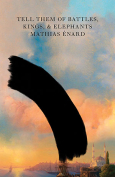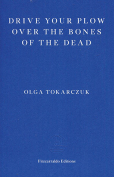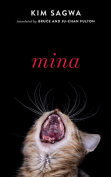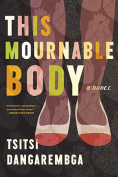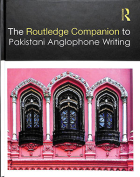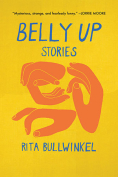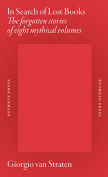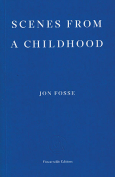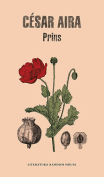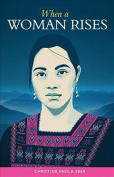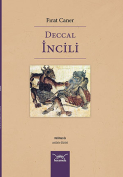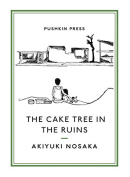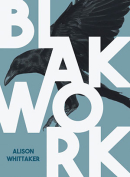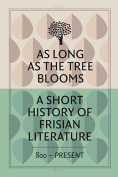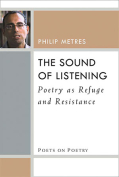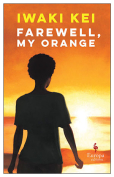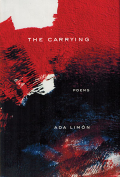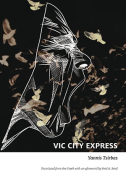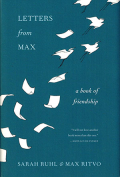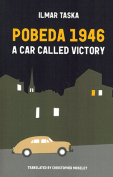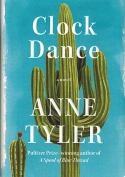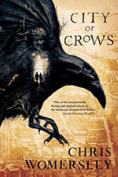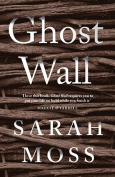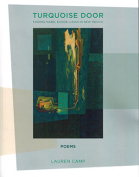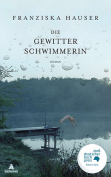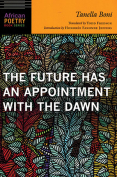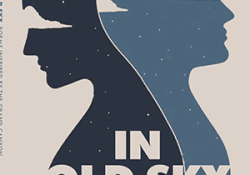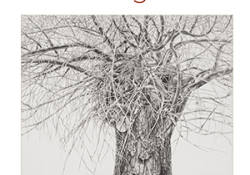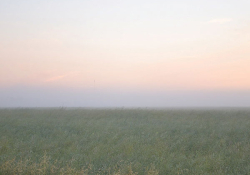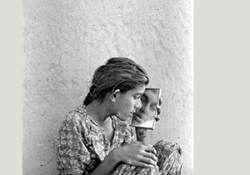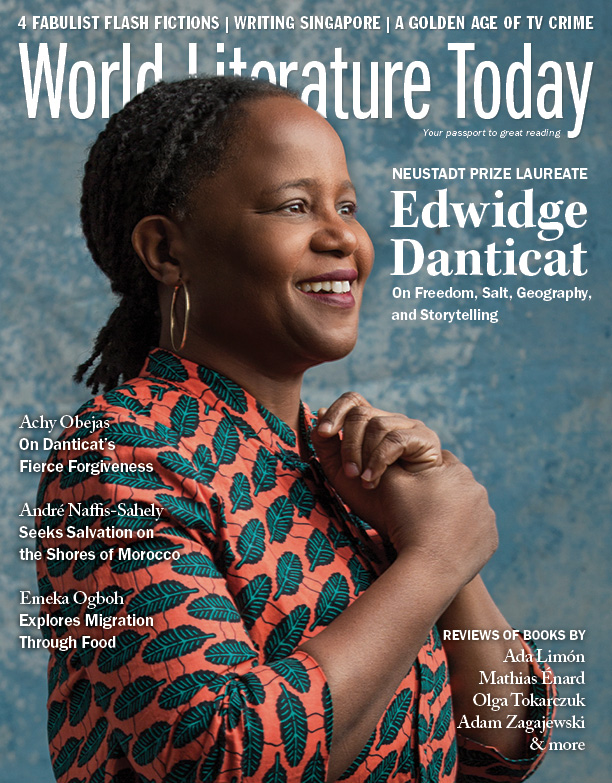Turquoise Door: Finding Mabel Dodge Luhan in New Mexico by Lauren Camp
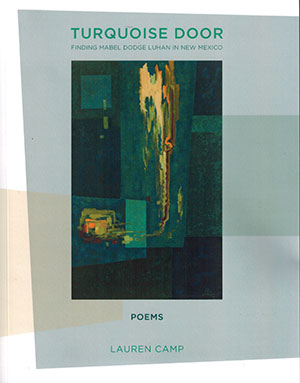 Denver. 3: A Taos Press. 2018. 117 pages.
Denver. 3: A Taos Press. 2018. 117 pages.
Poet Lauren Camp takes us for a deep dive into the landscape and culture of New Mexico and its wealth of personality in her new book, Turquoise Door. Even before opening to the first page, the vividness of rich, bright turquoise in the title immediately brings nostalgia and longing for wide blue skies and handmade silver jewelry. The image is thick with New Mexico spirit, and it invites us to come over for dinner, to drink some tea, or to linger in an existential conversation by the fire. Each poem in this book is a love letter to place, the vibrant creatures that join the poet on her journey, and the ghosts of artists come and gone.
Nature is, for those who believe, where one communes with the divine most directly. In her opening poem, “Our Beginning and Our End,” Camp shows us that “We must become less injured. Go through tired trees . . . both deserter and victim.” Like Thoreau, it seems that Camp goes to the woods to fully engage with each facet of self, noting that “escape is a wound” and, like our shadow selves, is never avoidable—that “out of this the steady is made, / offering proof that the thin far away gives a name to place.” I find myself repeating the liturgy of this “thin far away.” It is a new way to say everything I have longed to understand in this lifetime, and I return again and again to those three words as a meditation—really, a realization that perhaps the unknowable is only as far away as I imagine.
Not only does Turquoise Door offer us a profound meditation on self-exploration and one’s place in the schema of nature and eternity, but in the second poem of the book, Camp already finds herself communing with the spirits of writers and artists like D. H. Lawrence, Willa Cather, and Georgia O’Keeffe along the way—even a few direct letters in verse to Mabel Dodge Luhan, legendary patron of the arts herself. She says, “Already, / I am collecting ghosts on bricks / of a different patio,” simultaneously recognizing literary ancestry and the understanding that, as humans and artists and empathic beings, we are all part of the human experiment—time stacked on top of time, writing and creating through our collective eternity.
Reading this book, I am reminded of truths that I didn’t realize I knew. It’s as if Camp has reached into the collective unconscious and pulled out ribbons of spirit memory that, at some point, each of our souls knew. Where her previous book, One Hundred Hungers, was a journey through family, tradition, and how to locate oneself within that nexus, Turquoise Door takes us on an entirely new path—a meditation with notes of the sublime found in each tree, each birdsong, and each dusky color on the horizon.
Sarah Warren
University of North Texas


